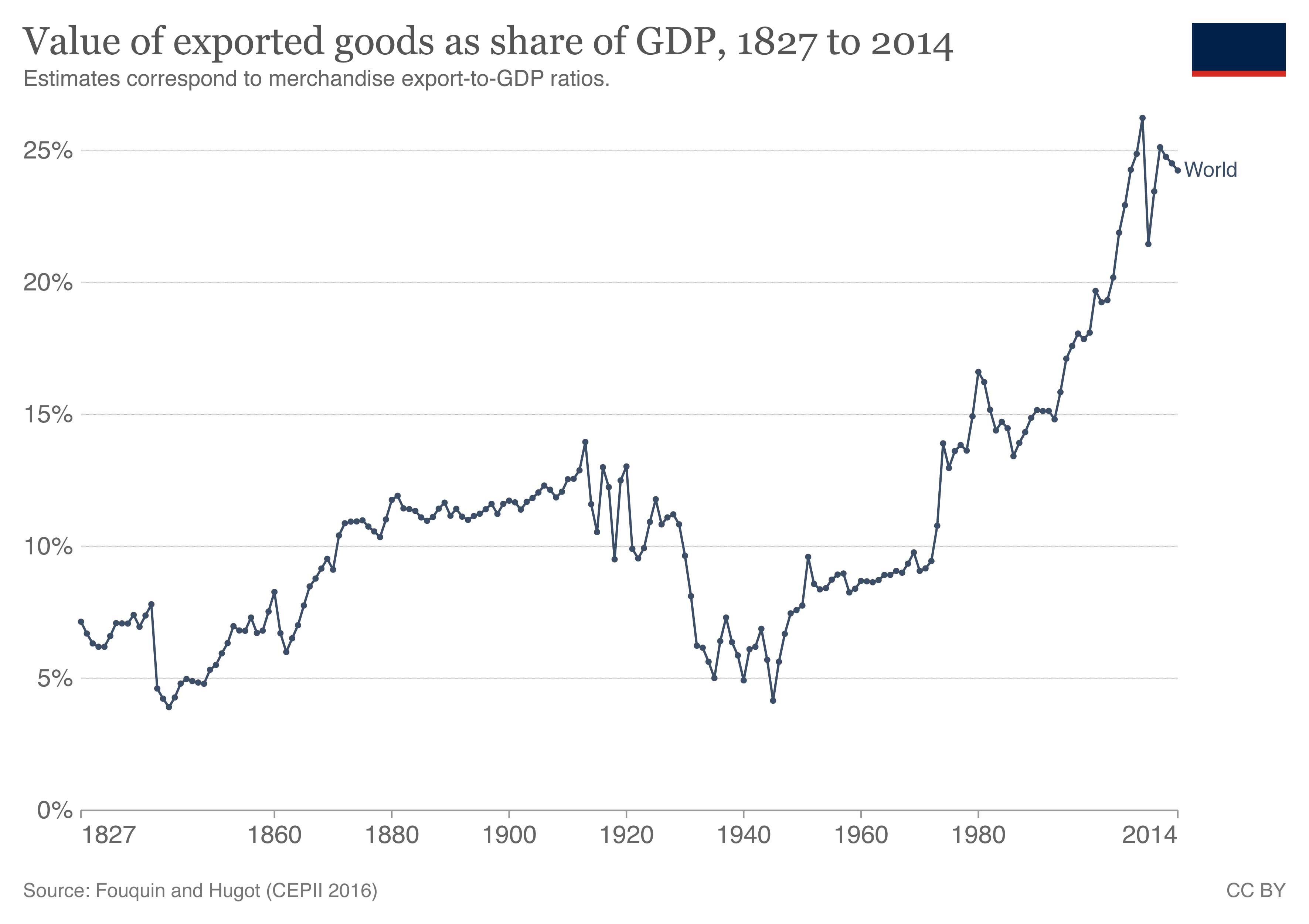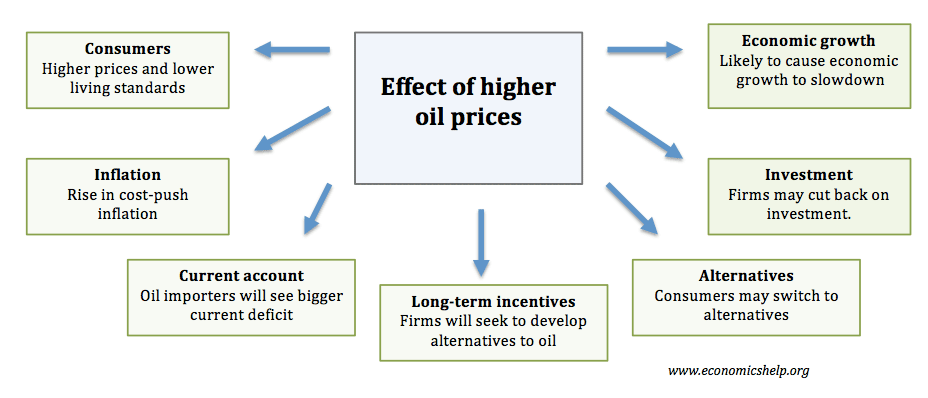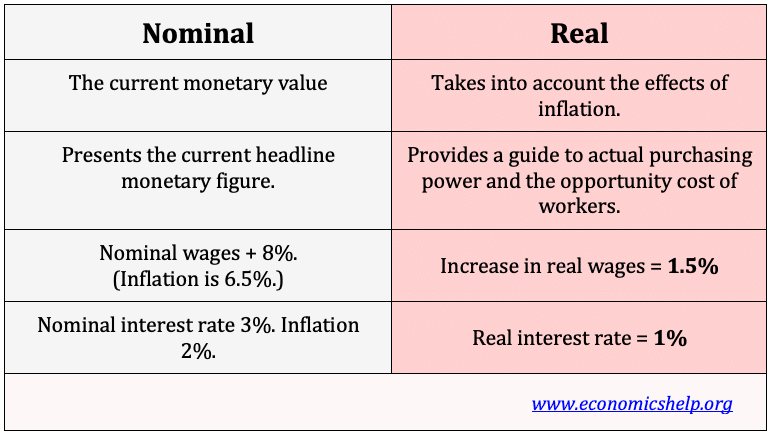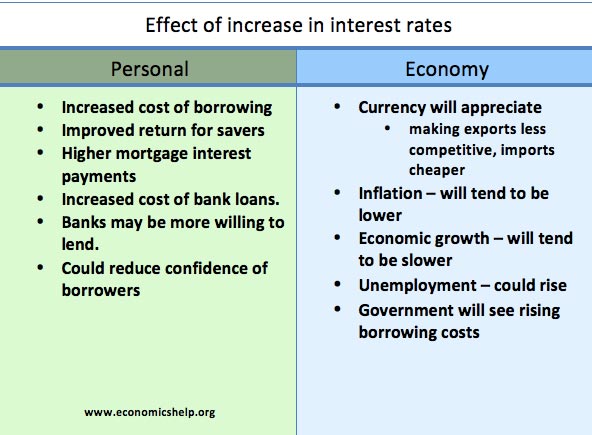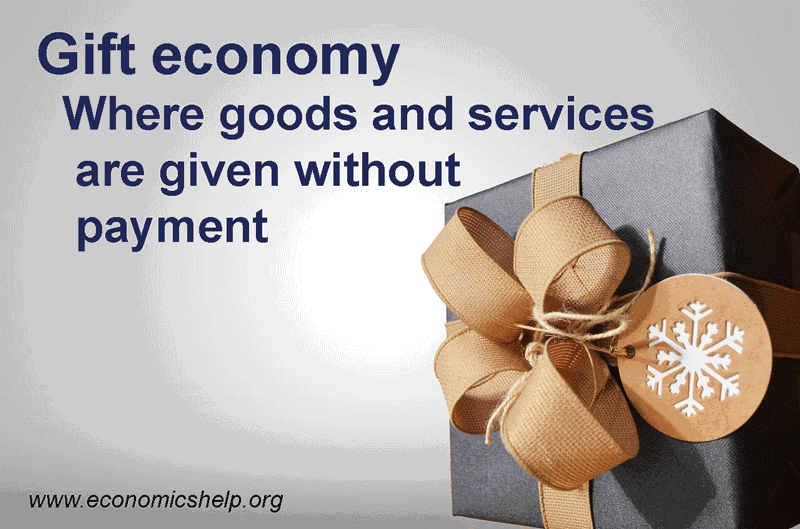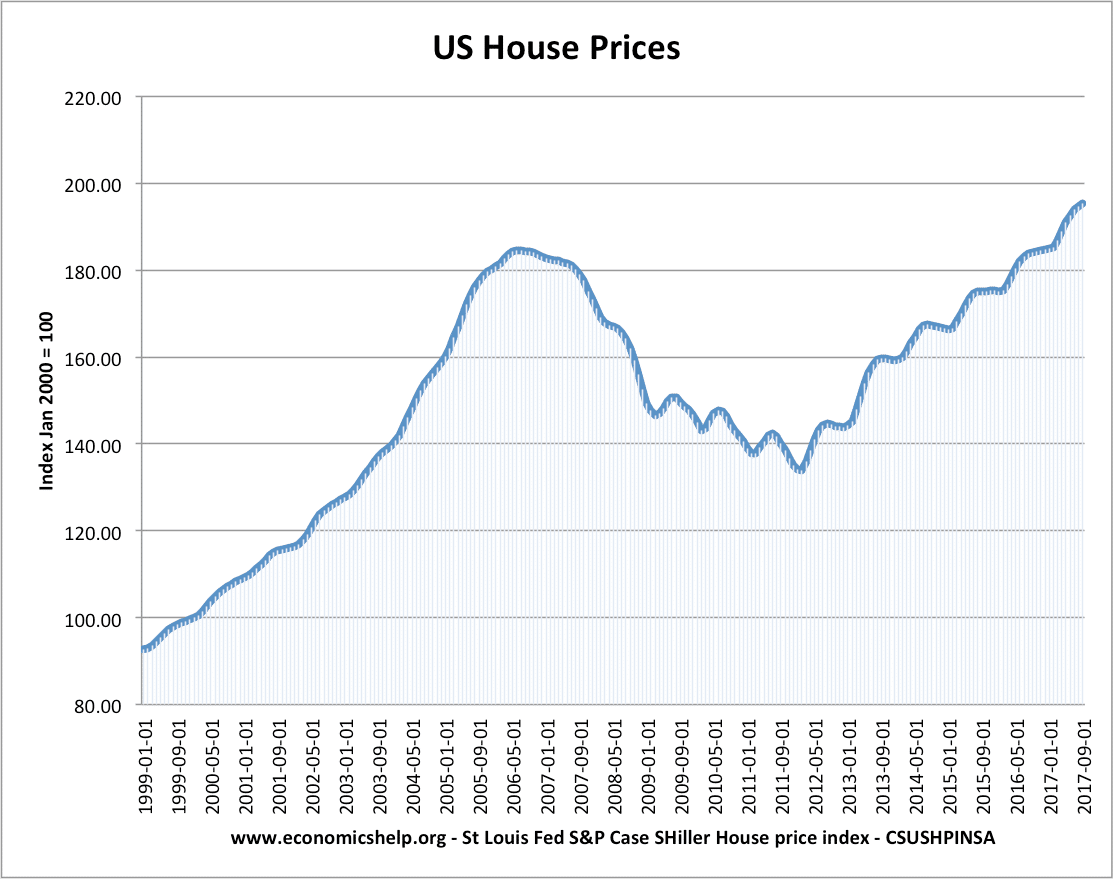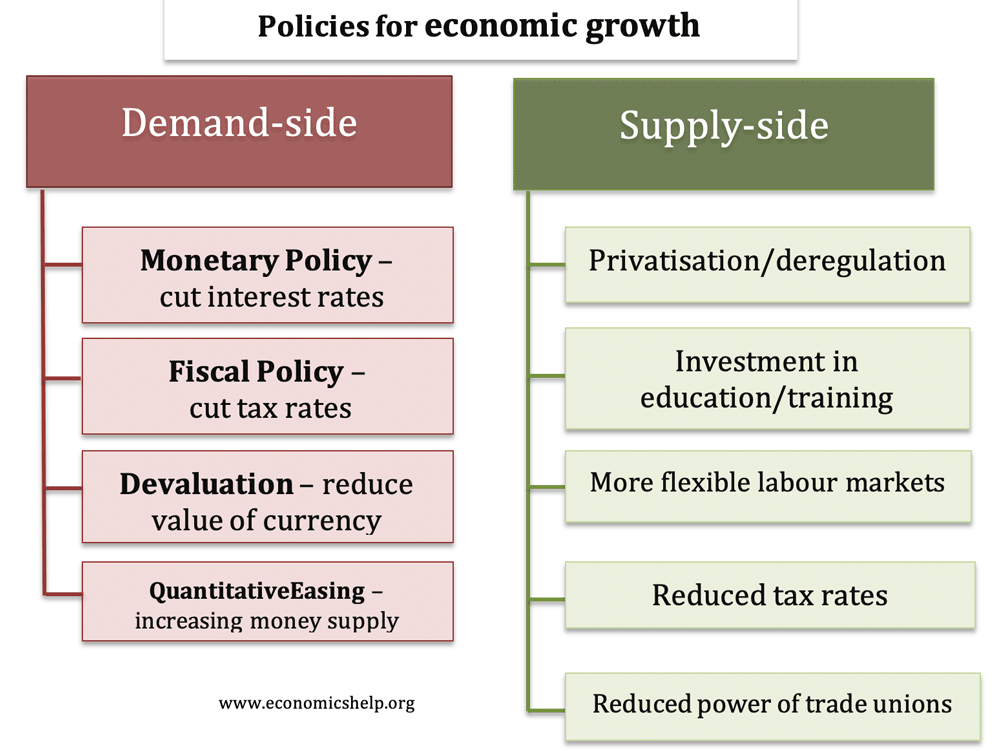Why war is becoming more costly
War has always had substantial economic costs, but war is becoming increasingly costly for both belligerents and bystanders. This is due to both the monetary costs of fighting and the economic fallout of sanctions. During the cold war, there was a theory that nuclear war would ensure a mutual self-destruction – and this assured mutual …

